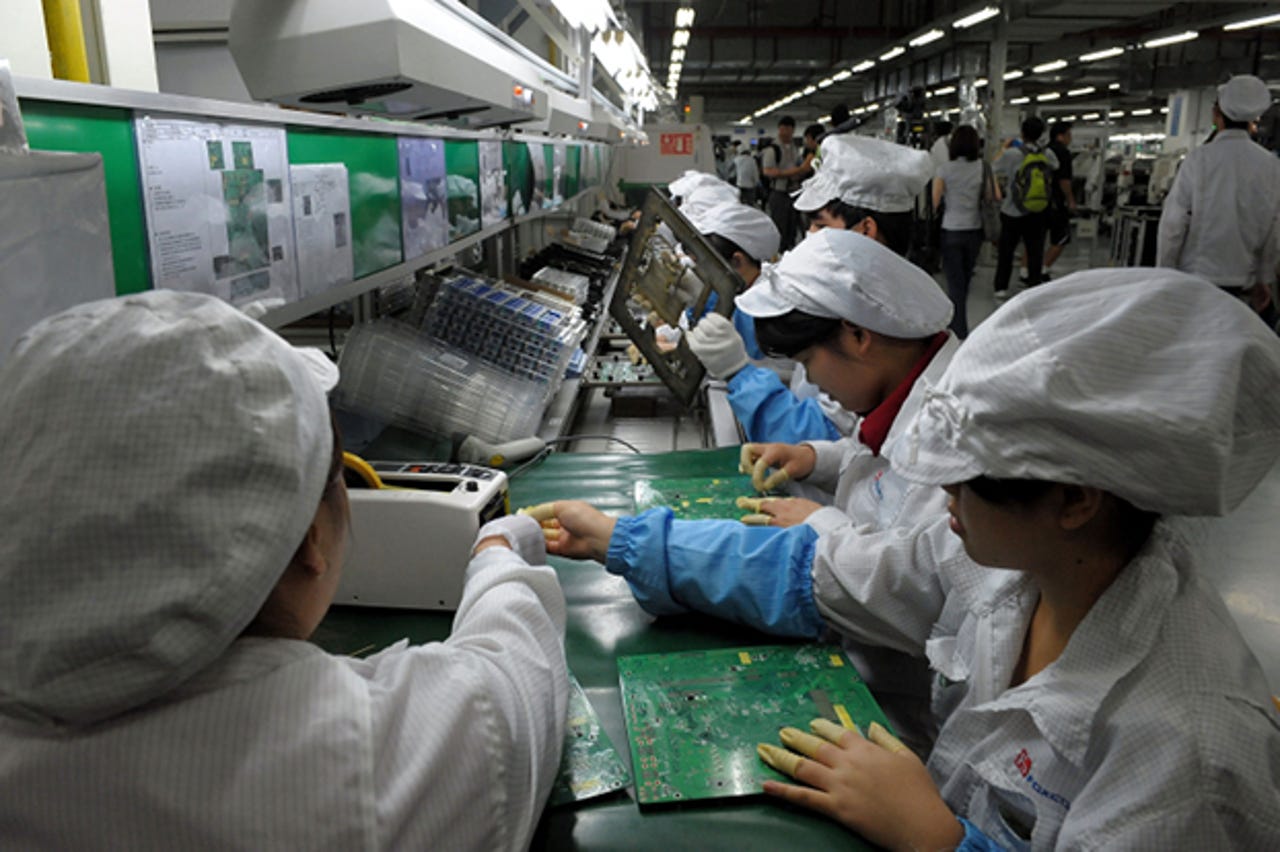Apple's biggest China problem


Image: ZDNet
It isn't clear why China suspended iTunes and iBooks, but I'm betting on iPhone encryption as the key issue. Investor Carl Icahn - long an Apple bull - dumped his Apple stock over China market concerns, I see a more direct threat.
The China syndrome
China's ruling party is but a (heavily armed) flea on the back of the mass of the Chinese people. With the economy slowing and the nation facing a demographic cliff with a rapidly aging population and a weak social safety net, the Party is tightening its control for fear of social unrest.
Obviously, unbreakable private communications is a threat to a totalitarian regime. And China has much more leverage over Apple than Uncle Sam.
In the US, our pay-for-play justice system means that people or entities with a lot of money can buy a lot of justice - and Apple has money. But the rule of law is sporadic in China, while heavy-handed coercion is common.
Designed in California
But the most important difference between the US and China for Apple is that most all of Apple's products are manufactured in China. The government could shut down Hon Hai - Apple's main manufacturing vendor - in a heartbeat, crippling Apple in a matter of days.
For example, if you order a Mac it typically is built in a couple of days and shipped direct from China. Efficient firms keep little inventory - and Tim Cook is a supply chain master. With limited inventory Apple's sales would grind to a halt in a couple of weeks.
Hon Hai Precision Industry Co., Ltd. - also known as Foxconn - builds most of Apple's products. While Hon Hai is Taiwan based, China is where it has the most factories, some of which have hundreds of thousands of employees.
Blowback?
China's rulers don't have an entirely free hand though. Laying of hundreds of thousands of well-paid workers for no good reason would create labor unrest and further slow the economy. It would also create fear among other high-tech firms - and their customers - who would rightly wonder what Beijing would next demand.
But in the next five years there is no ready alternative to China and in five years Apple would be long dead.
Smartphone survival test
Japan, South Korea, Taiwan and Thailand could take up some of the slack, but they would take years to come up to speed. Ultimately India is the best alternative, but their anti-colonial politics and weak infrastructure make India a long-term and uncertain bet.
The Storage Bits take
China's rulers are no doubt having the same arguments we are about Internet security versus state security. But China has little respect for civil liberties. America's record is better, and we have multiple levers to work to affect decisions, while the Chinese people have little say.
Tim Cook has no doubt gamed out Apple's options, and Hon Hai is likely working on contingency plans for its largest single customer. Apple will tout its cooperation with China's state security apparatus, but Cook has drawn a clear line in the sand on encryption.
If China chooses the ultimate sanction, Apple could be bankrupt in a few months. The Apple/FBI tussle over encryption is just a warmup for the main event. Don't blink Tim.
Courteous comments welcome, of course.